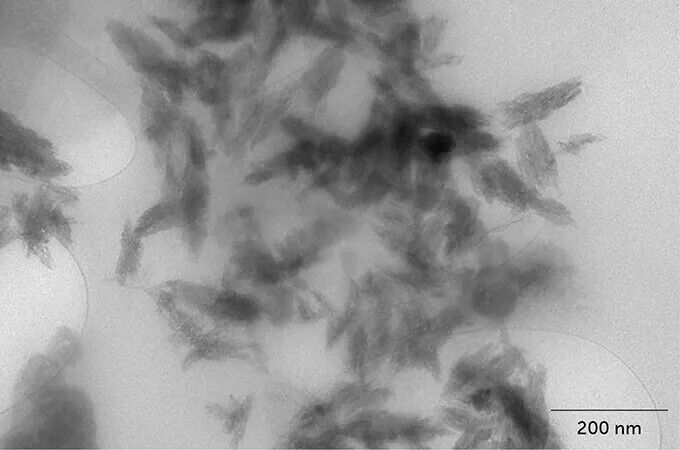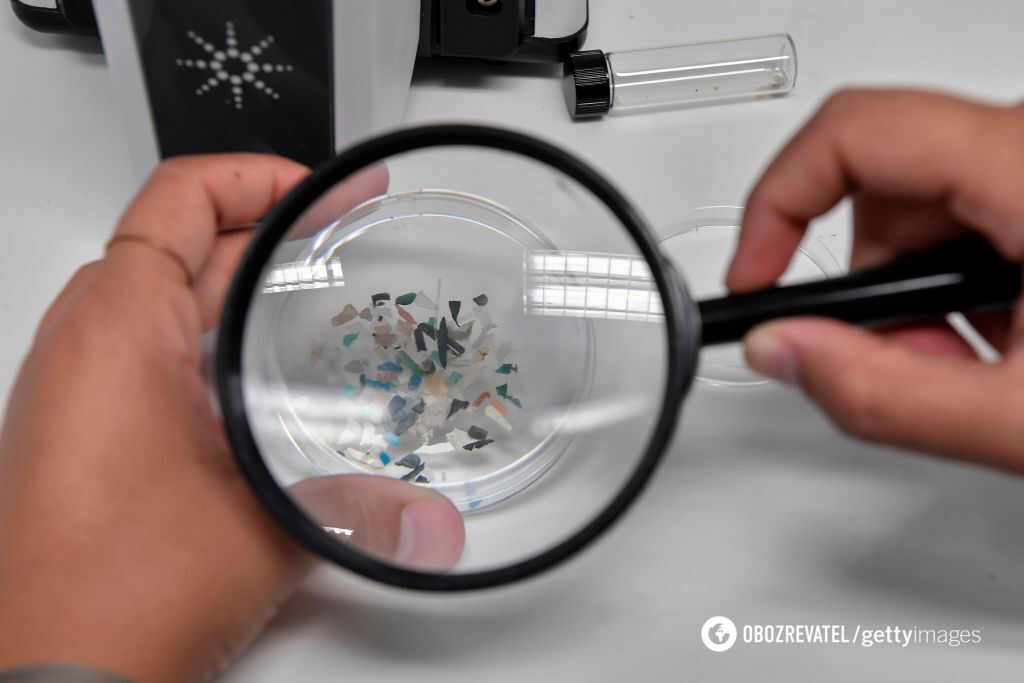News
A spoonful of nanoplastics found in the human brain: how it will affect our health
According to a new study, human brain samples collected during autopsies contained more tiny plastic shards than samples collected eight years ago. Scientists estimate that this is the equivalent of an entire standard plastic spoonful of hazardous substances.
In total, the brain samples from the cadavers contained up to thirty times more microplastics than their kidneys and livers. The researchers also found up to five times more plastic fragments in the brains of 12 people who had been diagnosed with dementia before their deaths than in healthy people, CNN reports.
"The concentrations we saw in the brain tissue of normal individuals, who had an average age of around 45 or 50 years old, were 4,800 micrograms per gram, or 0.48% by weight," said study co-author Matthew Campen, who is a professor of pharmaceutical sciences at the University of New Mexico in Albuquerque and compared it to a standard spoon.
"Compared to autopsy brain samples from 2016, that’s about 50% higher. That would mean that our brains today are 99.5% brain and the rest is plastic," the professor added.
Scientists suggest that it is possible that current methods of measuring plastic may overestimate or underestimate its level in the body. "We’re working hard to get to a very precise estimate, which should I think we will have within the next year," said Campen.
According to the researchers, they also found up to five times more microplastics in the brains of 12 people who had been diagnosed with dementia before their deaths than in healthy individuals. "It’s a little bit alarming, but remember that dementia is a disease where the blood brain barrier and clearance mechanisms are impaired. We want to be very cautious in interpreting these results as as the microplastics are very likely elevated because of the disease (dementia), and we do not currently suggest that microplastics could cause the disease," emphasized Matthew.
Raffaele Marfella, a cardiovascular researcher at the University of Naples, said these findings are "both significant and concerning." He and his colleagues recently found that people with more micro- and nanoplastics in their blood vessels have a higher risk of heart attacks, strokes, and death, ScienceNews reports.
"Microplastics are in the food we eat, the water we drink and even the air we breathe," said Richard Thompson, an expert at Plymouth University in England who helped discover microplastics. Of course, these particles have found their way into human tissue, he said.
Previous studies have found microplastics in people's lungs, intestines, blood, liver, and placenta.
Only verified information is available on OBOZ.UA Telegram channel and Viber. Do not fall for fakes!





























